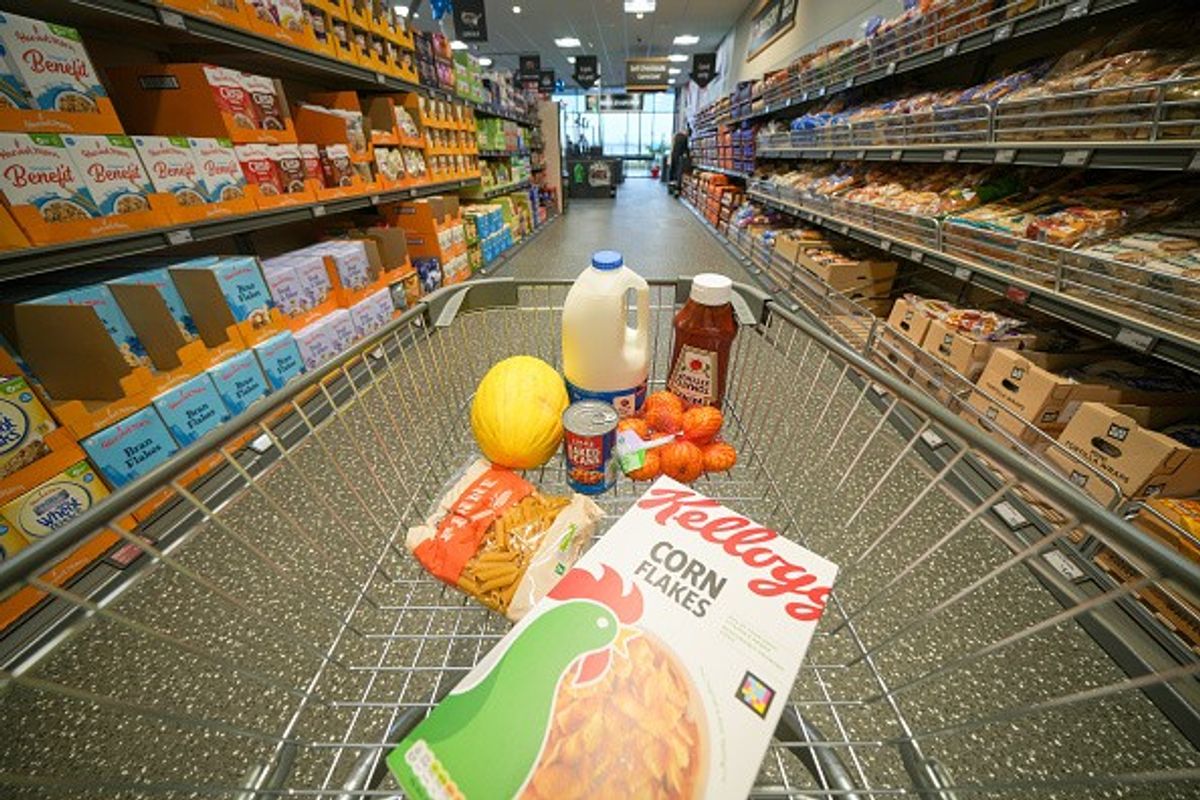Price negotiations with UK's grocers have become so strained amid the inflation crisis that sometimes walking away is the only option, the head of Britain’s largest sandwich-maker has said, bringing to light how there have been increasingly fraught negotiations between retailers and producers as both parties seek to protect their margins from growing costs.
“In certain cases we’ve said to people ‘if you’re not prepared to take this price, we’re not prepared to supply you’,” said Dalton Philips, chief executive officer at Greencore Plc, speaking on the sidelines of the company’s annual meeting on Thursday (26).
“In fact, we’ve just done that with a very large customer.”
Dublin-based Philips, who previously ran Morrisons supermarket in the UK, declined to name the retailer but said it’s clear there’s “real pressure in the supply chain".
A record spike in food prices at a time when Britons’ incomes are falling in real terms means supermarkets have to fight hard to keep prices down or risk losing market share to cheaper rivals.
Grocers are now demanding more detail from food producers to justify why their prices are rising and suppliers are trying to push through multiple pricing requests a year, up from one annual round before the cost-of-living crisis, Bloomberg stated, adding that the pressure is only likely to continue this year.
“We are certainly nowhere close to peak prices,” Unilever Plc Chief Executive Officer Alan Jope said recently at the World Economic Forum in Davos. “The consumer is going to see the cost of food, personal care products, everyday commodities continuing to rise and I think most households, particularly in Europe, are going to feel the squeeze.”
Some of the world’s biggest consumer groups have been warning for some time that rising energy and labor bills mean prices will have to rise further in 2023.
In December food costs in UK stores accelerated by nearly 17 per cent, the quickest pace since records started in 1989, according to the Office for National Statistics. The war in Ukraine has pushed up the price of fertilizer and animal feed as well as energy and that’s meant that suppliers are having to approach the supermarkets far more frequently.
Associated British Foods Plc, whose products include Twinings tea, Kingsmill bread and Silver Spoon sugar, said it’s engaging with supermarkets sometimes two or three times a year on some products as there’s a “huge amount of input cost inflation to recover.”
“Engagement with the supermarkets is way, way higher than it was before,” finance director John Bason told Bloomberg. “Food pricing negotiations with the supermarkets is always a tough commercial discussion.”
Last year Kraft Heinz Co. temporarily stopped supplying ketchup and baked beans to Tesco as disputes over pricing started to escalate. For a spell Mars Inc. also stopped supplying its pet food brands Whiskas and Pedigree to Tesco after a separate tussle over costs.


